According to statistics, storm No. 5 has affected more than 28,300 hectares of raw material forests; of which, forests managed by households account for about 14,000 hectares.
Many areas were damaged from 50% to 90%, and it is very difficult to recover. Currently, people are focusing on harvesting to sell to traders to reduce damage; at the same time, reproducing for the new crop. To meet the needs of the people, nursery owners are actively preparing the supply of seedlings. According to a survey at some nurseries in the area, the price of acacia seedlings has started to increase.
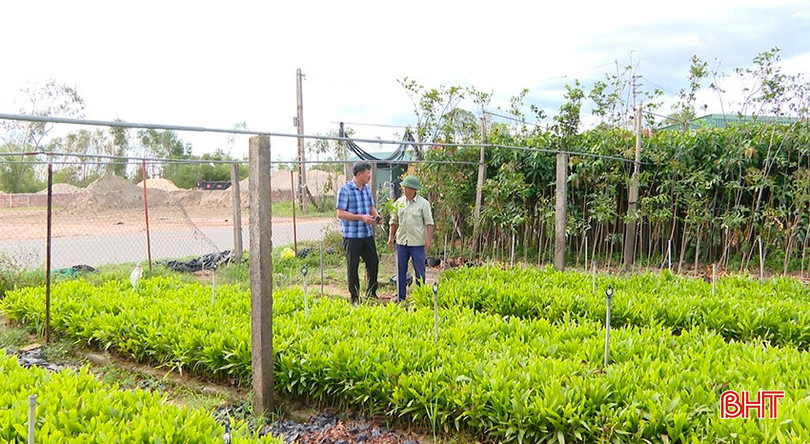
At the nursery of Ms. Ho Thi Lan Anh (Tan Son village, Thach Xuan commune), there are currently more than 90,000 acacia seedlings. Immediately after storm No. 5, she contacted gardeners in the North and South to import a large number of trees to serve the local people's reproduction. However, it is known that the supplier's price has started to increase.
“The shipment before storm No. 5, I sold for 600 VND/tree. Recently, I contacted a wholesaler in the North and learned that the price had increased. If the import price is high, I will have to increase the price as well.”
At this time last year, the price of a cutting of acacia in the area fluctuated from 500 VND to 700 VND, but currently, gardeners report that the price of acacia has increased to 1,000 VND to 1,200 VND/tree and said it is on an upward trend.
Mr. Tran Thanh Hai, owner of a nursery in Thien No village, Cam Xuyen commune, said: "Currently, households have started to contact me to order acacia seedlings. This year, I plan to import about 1 million trees to serve people's reproduction. He also said that a week ago, gardeners in the North reported that the price of acacia seedlings had increased by 2. Thus, the price to consumers is about 1,000 VND/tree, about 300 VND/tree more expensive than before storm No. 5.
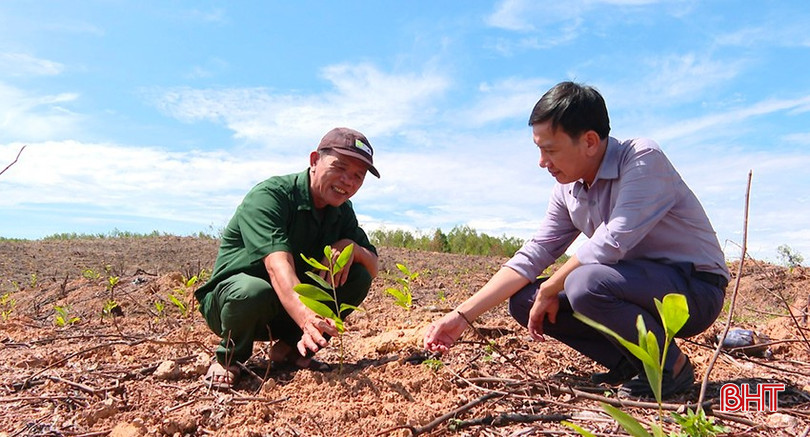
The reason for the increase in the price of acacia seedlings is that storm No. 5 made landfall in the Central region, causing many areas of people's production forests to be broken and destroyed, including more than 28,000 hectares of planted forests in Ha Tinh (acacia, cajuput, pine) that were broken and damaged at different levels. This has caused the demand for forest seedlings to increase, leading to a sharp increase in the price of forestry seedlings, especially acacia seedlings. Currently, people are focusing on collecting and selling to traders to reduce losses; at the same time, clearing to quickly revive the forests after the storm.
Mr. Luu Anh Tuong (Tan Son village, Thach Xuan commune) said: "My family is currently focusing on clearing 10 hectares of acacia forest affected by storm No. 5. I recently ordered more than 18,000 acacia seedlings for reproduction, but the price of acacia has increased by 300 VND/tree. The increase in acacia prices, combined with the cost of digging holes, planting trees, and buying fertilizer, has increased costs. This means that my family's income will decrease."
“Normally, people usually plant new forests from around November. However, due to the storm, the people's forest planting cycle will come earlier. Currently, the high price of acacia seedlings is one of the major barriers for households to regenerate forests. Currently, the locality is also coordinating with relevant agencies to provide support to help people stabilize their lives soon, especially households that suffered heavy damage after storm No. 5,” said Mr. Nguyen Anh Duc, Deputy Head of the Economic Department, Cam Xuyen Commune People's Committee.
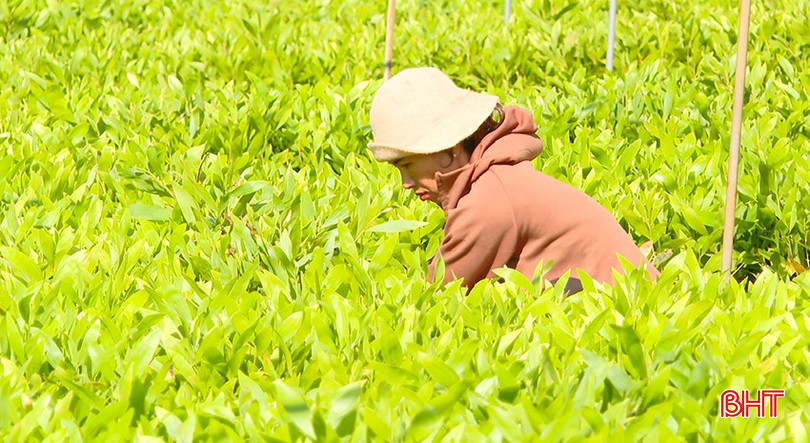
With the current increase in seedling prices, relevant agencies and units have been strengthening inspections of production and business to ensure the quality of seed sources. At the same time, reviewing the demand and having appropriate support solutions to ensure the progress of forest planting and the goal of sustainable forestry economic development.
Mr. Le Huu Tuan, Head of the Forest Use and Development Department (Ha Tinh Forest Protection Department) further recommended that organizations and individuals should use seedlings of known origin and quality instead of choosing cheap seedlings. Poor quality seedlings will lead to low productivity, substandard products and wasted investment, causing economic losses and affecting reputation.
Source: https://baohatinh.vn/keo-giong-am-tham-tang-gia-sau-bao-post295380.html


![[Photo] Hanoi morning of October 1: Prolonged flooding, people wade to work](https://vphoto.vietnam.vn/thumb/1200x675/vietnam/resource/IMAGE/2025/10/1/189be28938e3493fa26b2938efa2059e)
![[Photo] Keep your warehouse safe in all situations](https://vphoto.vietnam.vn/thumb/1200x675/vietnam/resource/IMAGE/2025/10/1/3eb4eceafe68497989865e7faa4e4d0e)


![[Photo] President of the Cuban National Assembly visits President Ho Chi Minh's Mausoleum](https://vphoto.vietnam.vn/thumb/1200x675/vietnam/resource/IMAGE/2025/10/1/39f1142310fc4dae9e3de4fcc9ac2ed0)



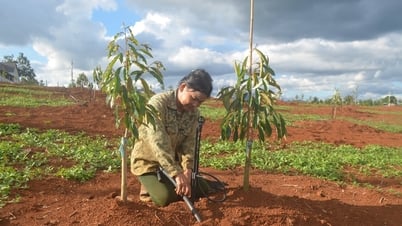
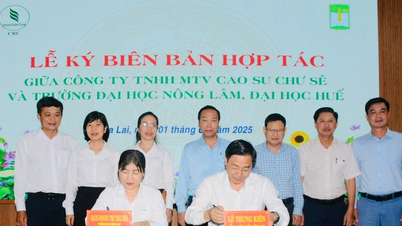

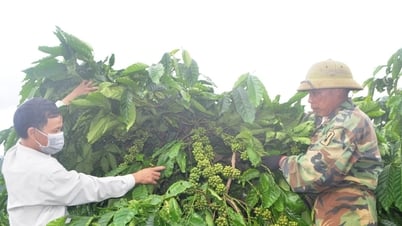
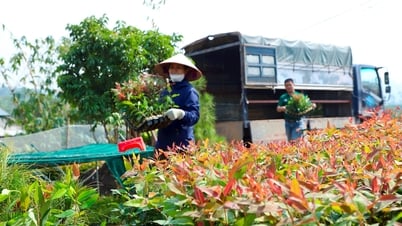



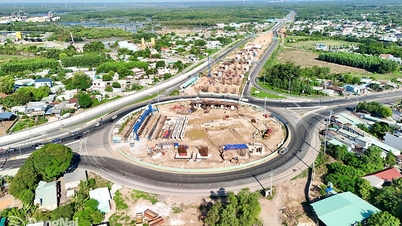

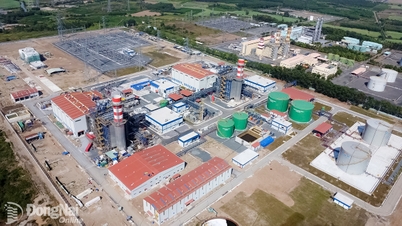
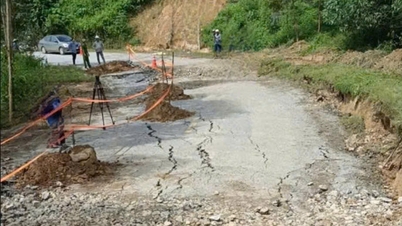

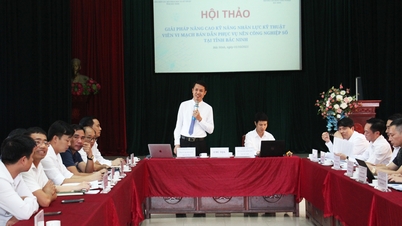
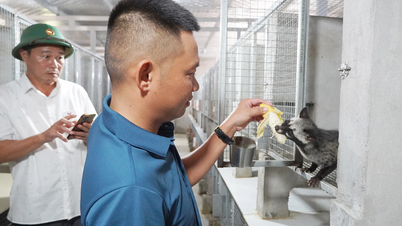

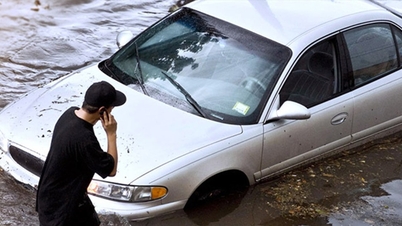









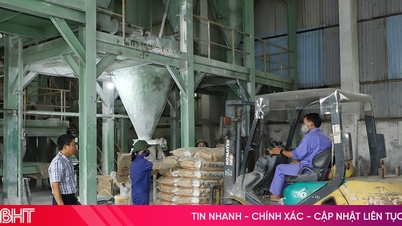
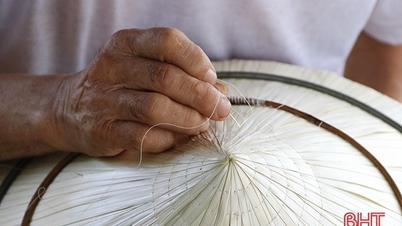







































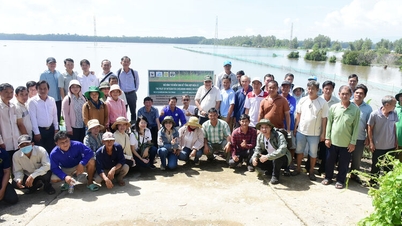

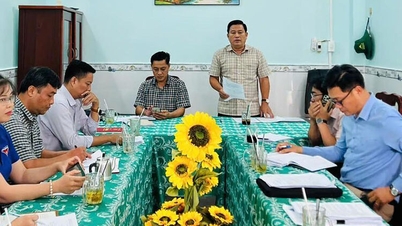
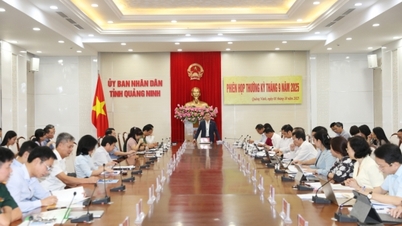

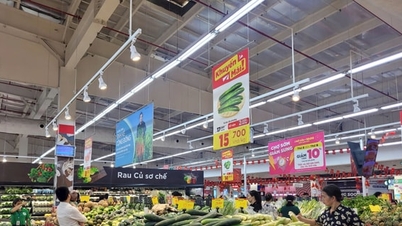



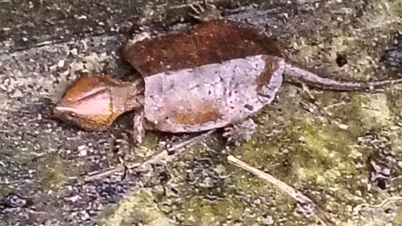















Comment (0)